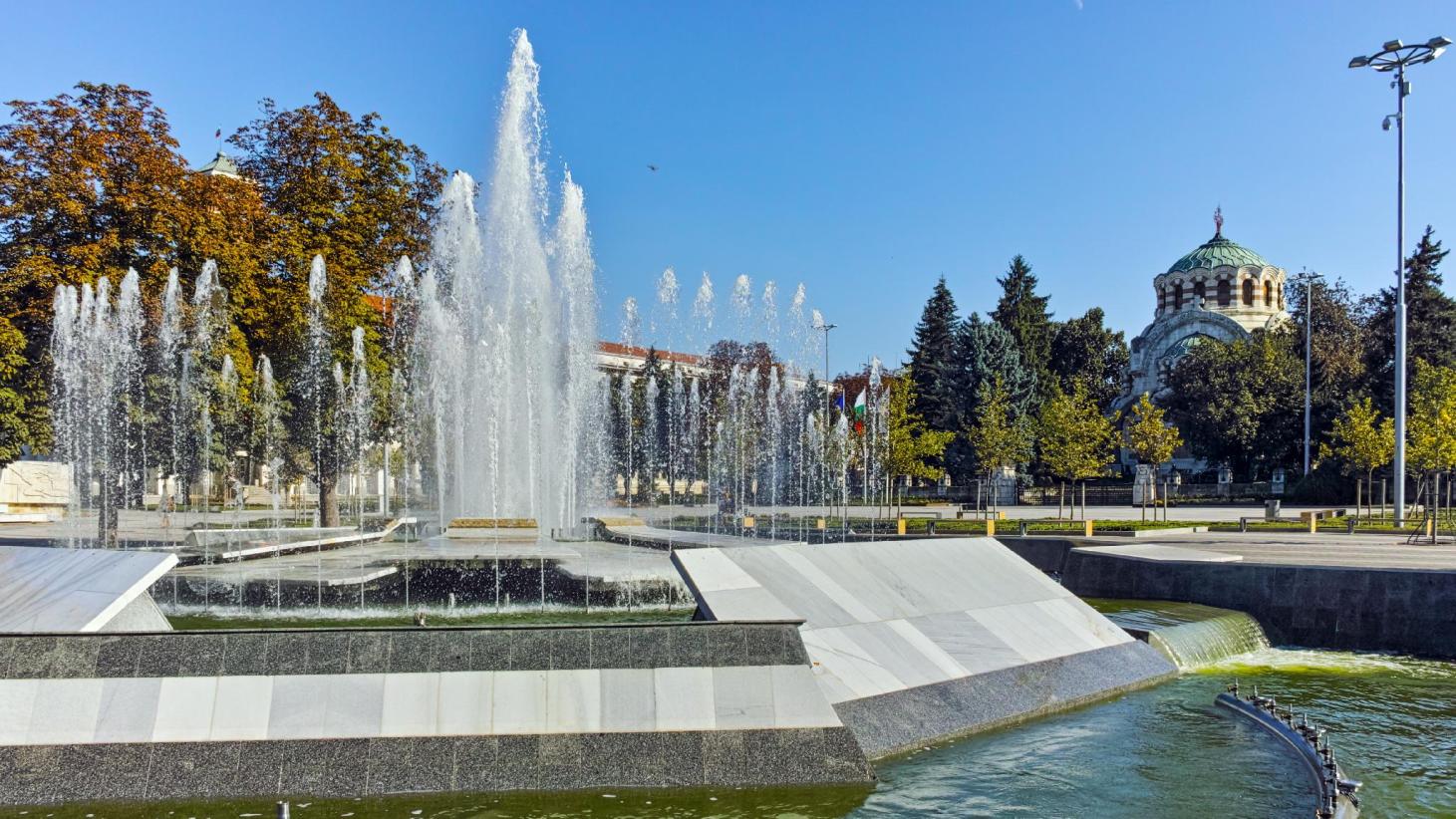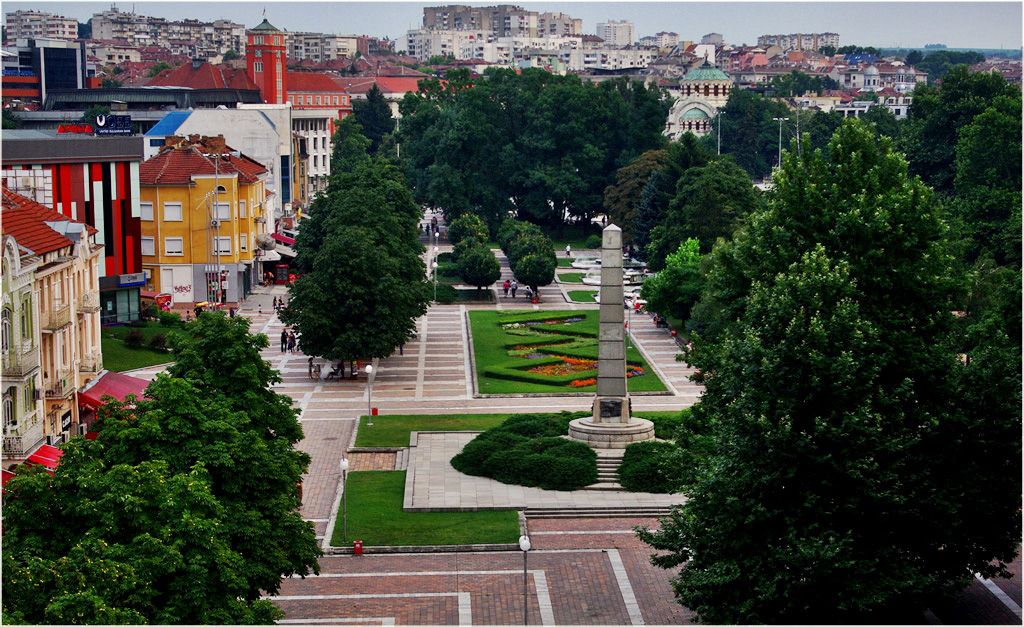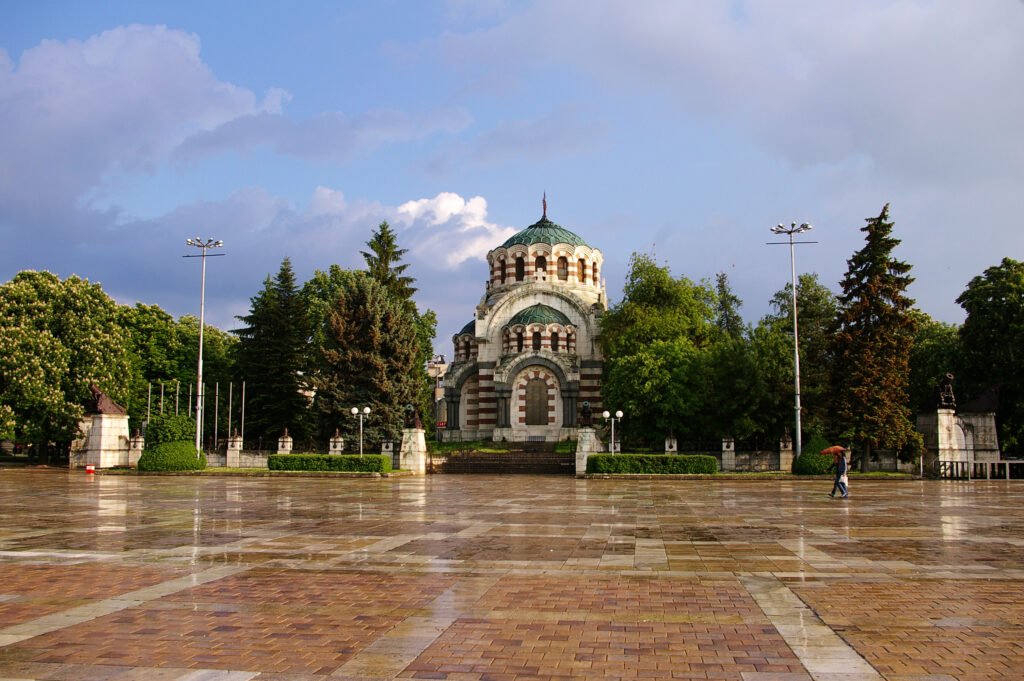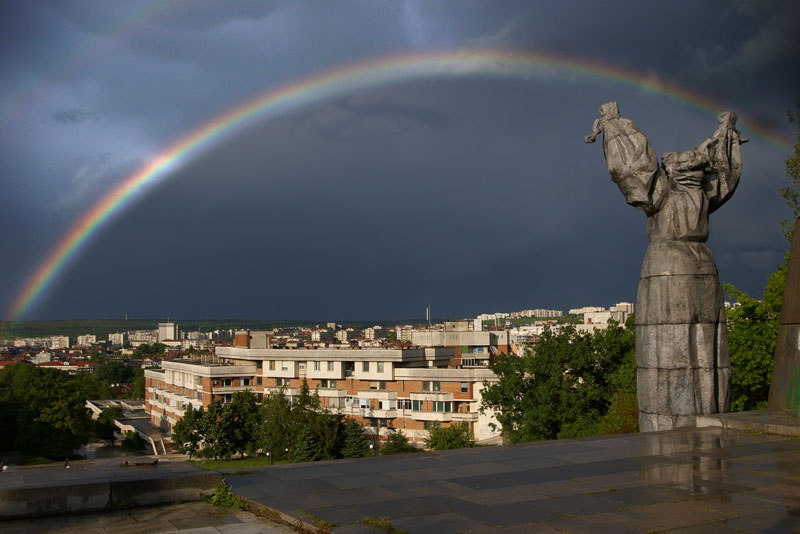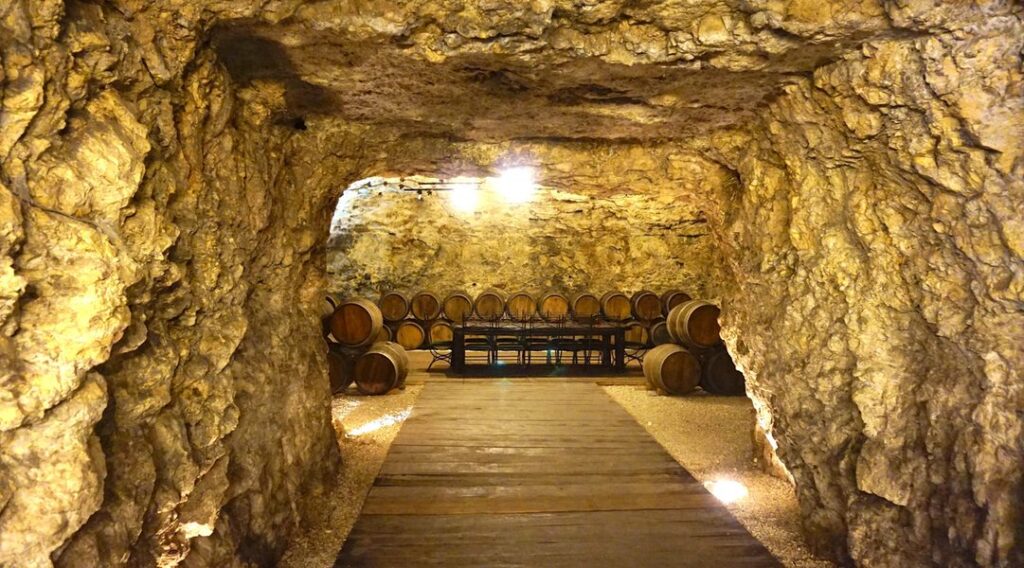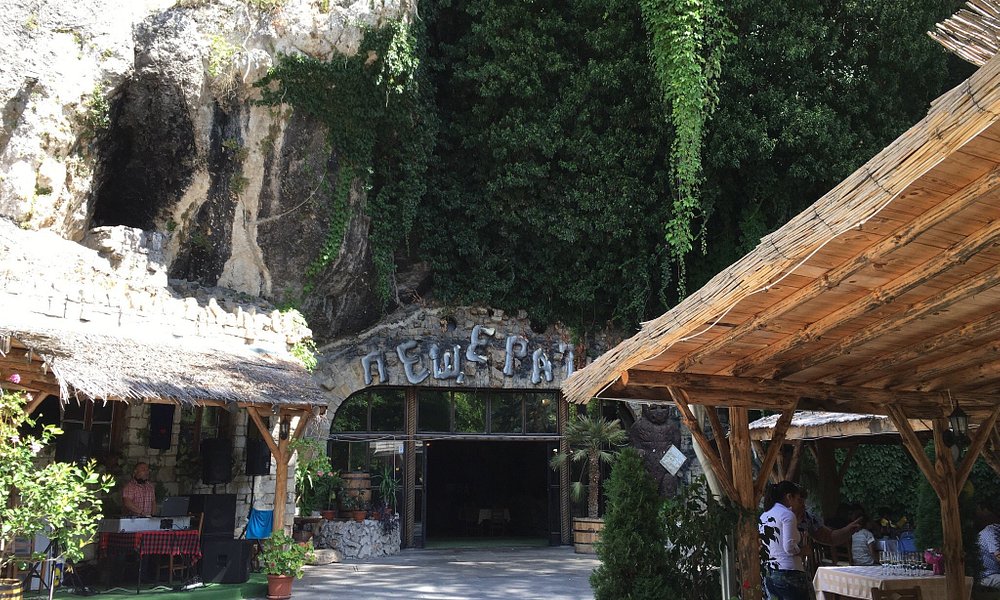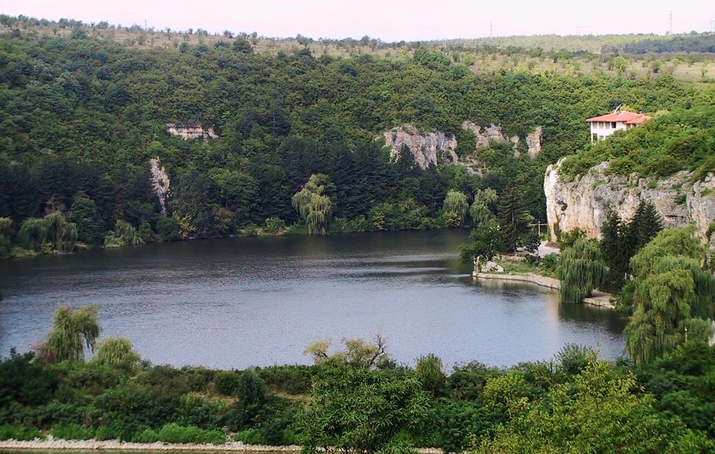Pleven is the seventh most populous city in Bulgaria. Located in the northern part of the country, it is the administrative centre of Pleven Province, as well as of the subordinate Pleven municipality. It is the biggest economic center in Northwestern Bulgaria. At the end of 2018 its population is 96,610.
Internationally known for the siege of Plevna of 1877, it is today a major economic centre of the Bulgarian Northwest and Central North and the third largest city of Northern Bulgaria after Varna and Ruse.
Geography
Pleven is in an agricultural region in the middle of the Danubian Plain, the historical region of Moesia, surrounded by low limestone hills, the Pleven Heights. The city’s central location in Northern Bulgaria defines its importance as a big administrative, economic, political, cultural and transport centre. Pleven is 170 kilometres (106 miles) away from the capital city of Sofia, 320 km (199 miles) west of the Bulgarian Black Sea Coast and 50 km (31 miles) south of the Danube.
The river Vit flows near the city and the tiny Tuchenitsa river (commonly known in Pleven as Barata, literally “The Streamlet”) crosses it.
Climate
Pleven’s climate is temperate continental. Winters are cool, with much snow: temperatures usually fall below −20 °C (−4 °F) overnight. Springs are warm, with temperatures around 20 °C (68 °F). Summers are warm, and temperatures have exceeded 38–44 °C (100–111 °F) on occasion. The average annual temperature is around 13 °C (55.4 °F).
Main sights
Most of the sights of the town are related to the Russo-Turkish War. The monuments related to the war alone are about 200. Some of the more popular include the St George the Conqueror Chapel Mausoleum in honour of the many Russian and Romanian soldiers who lost their lives during the siege of Plevna and the ossuary in Skobelev Park. Another popular attraction is Pleven Panorama, created after (and reputedly larger than) the Borodino Panorama in Russia on the occasion of the anniversary of the siege of Plevna.
Culture
The Pleven Regional Historical Museum is another popular tourist attraction, while the Svetlin Rusev Donative Exhibition, situated in the former public baths, exhibits works by Bulgarian artists, as well as noted Western European art figures.
The Ivan Radoev Dramatic Theatre is the centre of theatrical life in Pleven. A number of community centres (chitalishta) are also active in the city.
Medical University – Pleven,is one of the five medical universities in Bulgaria, was established in 1974, aiming to expand the horizons, size and reputation of the City Hospital, founded in 1865.
Economy
A major centre of oil processing, metalworking, machinery construction, of light and food industries in Socialist times. However, the late 1990s and early 2000s saw a revival of light industry and the development of branches such as knitwear and store clothes production. Tourism, which had attracted many people from the Soviet Union prior to 1989, and had experienced a slump in the following years, is on the rise again.
The most important economic sectors in Pleven are chemical, textiles and foodstuffs industries, the manufacturing of cement and glass, machine building, tailoring, agriculture, retail and services.
The city has seen a number of major foreign investments in the late 1990s and early 2000s. Particularly noticeable is the mass construction of hypermarkets, with two Billa, two Kaufland, two Carrefour (in construction- first one to open in MALL PLEVEN in 2011), DM, Plus (in construction), ELEMAG, METRO, two LIDL stores, a Praktiker, bauMax and a number of other hypermarkets being opened as of 2006. The Pleven City Center and Central Mall Pleven were opened in 2008.
